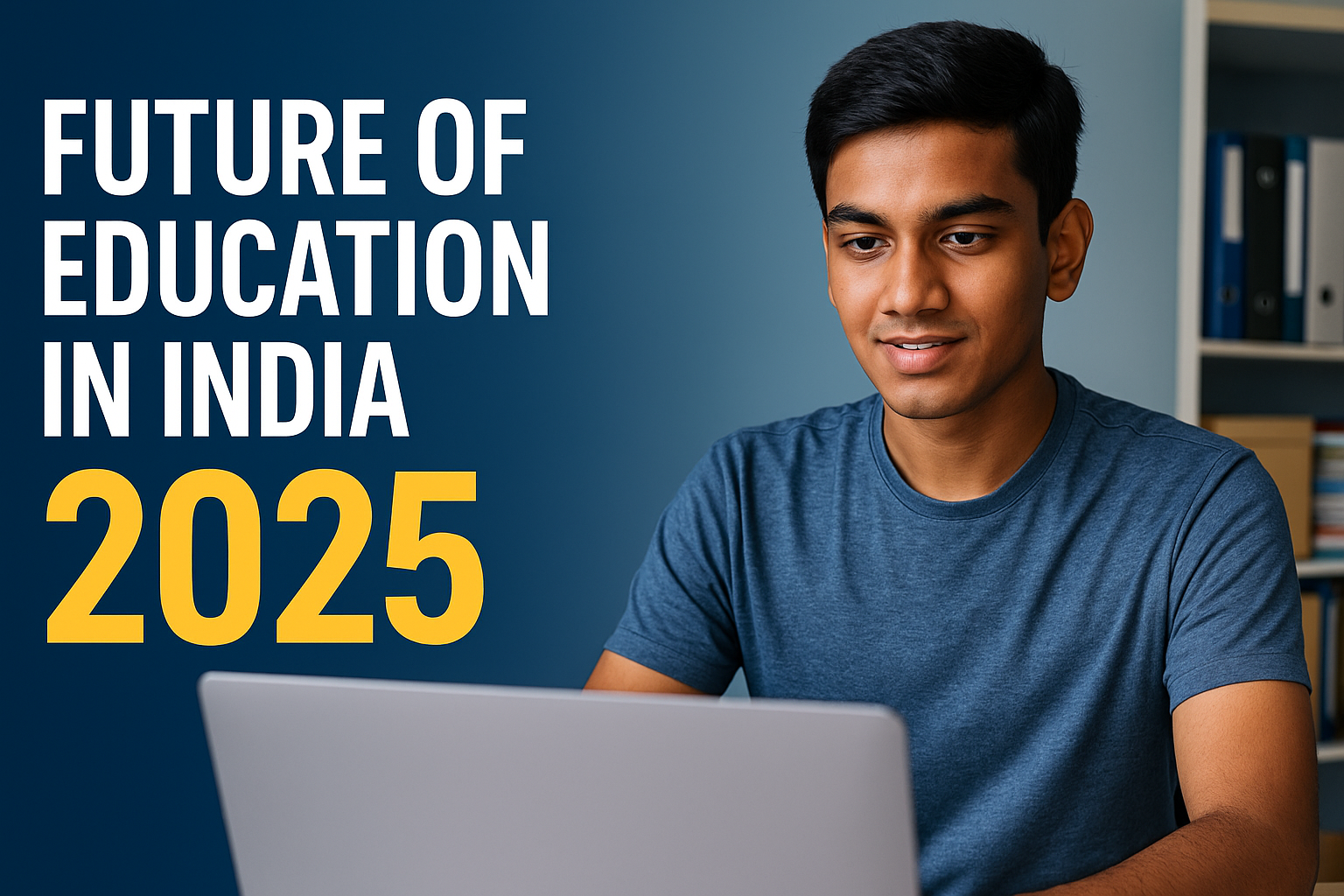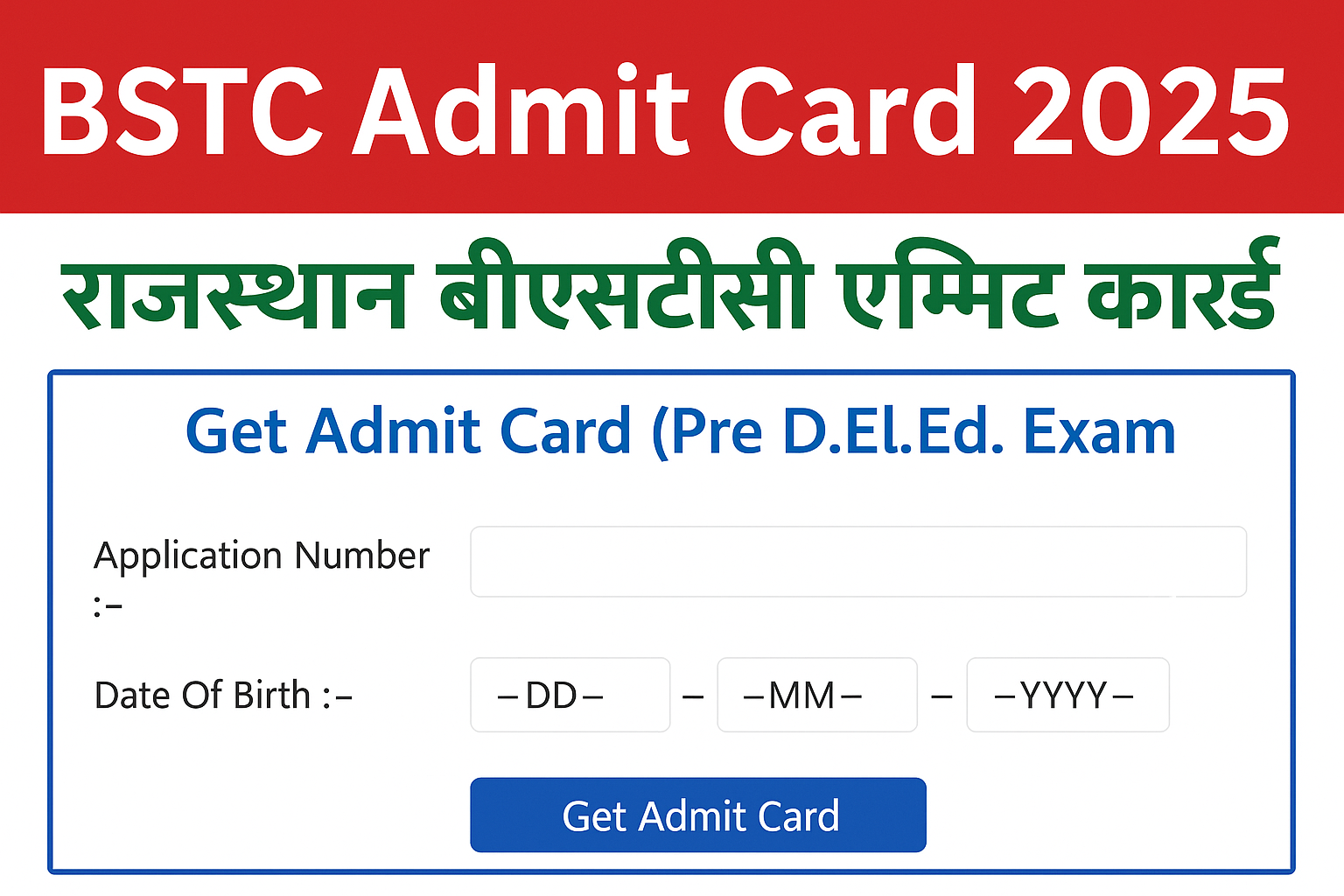Introduction
Education in India is undergoing a revolutionary transformation. The traditional chalk-and-talk classroom model is now being replaced by a hybrid, digitally enhanced ecosystem. In 2025, with the government pushing initiatives like NEP 2020 implementation, AI-based learning platforms, skill-based curriculum, and increased accessibility to rural education, the Indian education system is on the brink of a golden age — but only if these changes are handled wisely.
In this blog, we will explore the future of education in India, top trends shaping it, major challenges, government reforms, and how students, parents, and educators can adapt to thrive.
1. The Digital Shift: Classrooms Without Boundaries
The COVID-19 pandemic may have accelerated the shift to digital learning, but 2025 is where we’re seeing maturity in hybrid learning models.
Key Changes in 2025:
- EdTech platforms like Byju’s, Unacademy, and Vedantu have moved beyond just coaching—they’re now integrating with regular schooling.
- Government-backed platforms like DIKSHA, eVidya, and SWAYAM are being used for daily teaching in government schools.
- Virtual Reality (VR) and Augmented Reality (AR) are now common in science and medical classrooms.
- Rural areas are benefiting from mobile learning vans, smart TVs, and solar-powered tablets.
Impact:
Students from even Tier 3 cities are accessing CBSE-quality content, creating a level playing field in education.
2. NEP 2020 in Action
The National Education Policy (NEP) 2020 is finally in execution mode in 2025, with schools and colleges realigning their curriculum and assessments.
Core Pillars Implemented:
- 5+3+3+4 Structure: Replaces the traditional 10+2 system. More emphasis on Early Childhood Care.
- Mother tongue as medium of instruction till Grade 5 in many government schools.
- Vocational training from Class 6 onwards is being implemented across CBSE and state boards.
- Holistic report cards replacing traditional marks-based assessments.
Impact:
Students are being evaluated for critical thinking and problem-solving — not just rote memorization.
3. Rise of Skill-Based Education
Employers in India are now placing more importance on practical skills than degrees.
Trending Skill Courses in 2025:
- AI and Machine Learning
- Cloud Computing
- Financial Literacy
- Entrepreneurship
- Digital Marketing
- Cybersecurity
- Foreign Languages (Japanese, German, Spanish)
Why it matters:
College graduates are earning side incomes through freelance gigs thanks to platforms like Internshala, LinkedIn Learning, and Skill India.
4. Government Schemes Boosting Access to Education
Several initiatives in 2025 are ensuring education reaches the last mile:
Notable Schemes:
- PM eVidya – One TV channel per class (1–12)
- Digital India Campaign – Free Wi-Fi zones in 1 lakh schools
- SWAYAM Prabha – 34 DTH channels for learning
- Samagra Shiksha Abhiyan – Integrated scheme covering school education from pre-school to Class 12
- Bhashini AI Tool – For multilingual digital content translation
Impact:
Students in rural areas are learning on par with urban schools without high-speed internet.
5. AI in Education: Personalized Learning Has Arrived
Artificial Intelligence is not replacing teachers but empowering them.
AI is Helping With:
- Personalized learning paths using adaptive tests
- Predicting dropouts and enabling early intervention
- Chatbots for solving student doubts instantly
- AI-generated report cards
Top Tools Used:
- Google Classroom AI
- Microsoft’s Reading Progress
- Byju’s AI Diagnostic Tests
- ChatGPT & Bard for research
6. Inclusive Education: Special Focus on NEP’s Equity Mission
2025 sees stronger efforts to include marginalized groups in mainstream education.
Who Benefits:
- Children with disabilities (CwDs) using sign-language videos and audio readers.
- Girls in rural areas supported with free bicycles, separate toilets, and safety buses.
- Transgender and minority communities are now part of scholarship programs.
Impact:
Enrollment in secondary education among girls and CwDs has risen by 35% since 2021.
7. Mental Health Support in Schools
Academic excellence is not the only goal in 2025. Well-being matters too.
Initiatives:
- School counselors mandatory in CBSE and most ICSE schools.
- Happiness Curriculum in Delhi and similar initiatives in Maharashtra, Kerala.
- Regular well-being surveys using apps.
Why It Matters:
Exam anxiety, bullying, and screen addiction are addressed early, improving performance and attendance.
8. College Education: The Credit-Based System
Indian higher education is seeing a massive shift.
Key Highlights:
- Academic Bank of Credits (ABC): Students can earn and transfer credits across universities.
- Multiple Entry-Exit: Drop out after 1 year and still get a diploma.
- Common University Entrance Test (CUET): Brings standardization.
Popular New-Age Courses in Demand:
- Data Science
- Forensic Psychology
- Game Design
- Blockchain Technology
9. Challenges: Still a Long Way to Go
Despite the achievements, there are gaps:
- Digital divide: Many still lack access to devices.
- Teacher training: Not all teachers are digitally skilled.
- Curriculum lag: Many state boards are yet to adopt modern subjects.
- High dropout rate in tribal belts and among migrant laborers.
10. The Role of Parents in 2025
Today’s parents are co-educators.
How Parents Contribute:
- Monitoring online learning platforms
- Joining PTA groups on WhatsApp
- Using parental control tools
- Promoting curiosity-based learning over marks obsession
Impact:
Stronger school-home collaboration is improving student results and life skills.
Conclusion
The future of education in India is bright — but only if reforms are implemented effectively and inclusively. With the blend of technology, policy, and personalization, learning is becoming more accessible and dynamic than ever before.
Every stakeholder — be it a student, teacher, policymaker, or parent — has a role to play in this transformation. 2025 is not just about passing exams. It’s about building lifelong learners, critical thinkers, and responsible global citizens.
FAQs
Q1. Is NEP 2020 fully implemented in 2025?
Yes, major provisions like the new structure, holistic report cards, and vocational courses are live in most states.
Q2. What are the best courses after 12th in 2025?
Apart from traditional streams, trending options include AI, digital marketing, environmental science, and language studies.
Q3. How can I help my child adapt to digital education?
Limit screen time, explore apps like Khan Academy Kids, and maintain a routine with short breaks.




